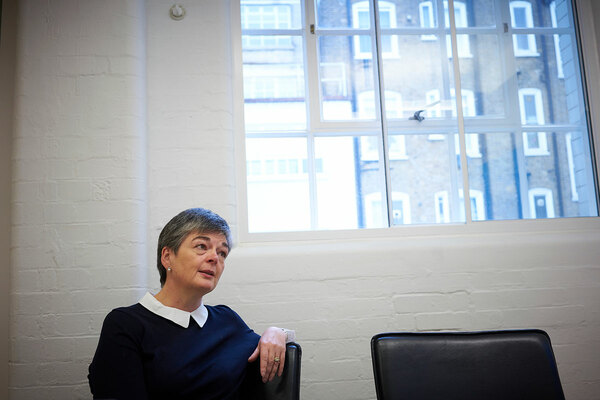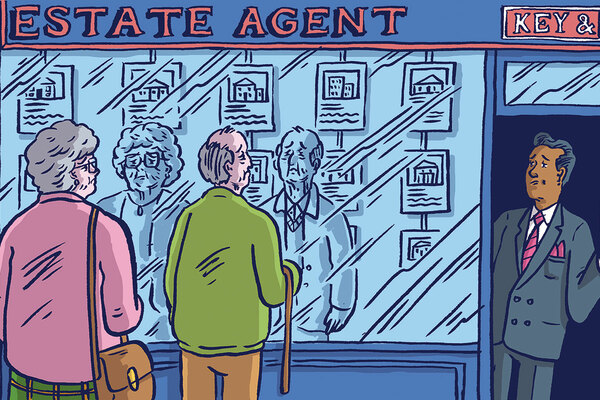Why housing older people must be a priority for our new PM and all of us
Despite plenty of awareness about the UK’s ageing population, housing older people remains a concern. More must be done to tackle this pent-up demand for specialist accommodation, argues Jane Ashcroft
Boris Johnson has wasted no time in making announcements on health.
The £250m to be invested in artificial intelligence follows a promise of £1.8bn for hospitals and changes to a pension tax hitting the best-paid doctors and nurses.
As experts argue about how much of this is new money, it is important that Mr Johnson also recognises the crucial role of housing and social care in the well-being of our citizens.
The prime minister acknowledges the enormity of the housing challenge and used his first speech to commit to fixing the crisis in social care.
But to tackle the substantive issues facing the housing and care sectors, it is crucial to understand the links between the two and the benefits they bring for health.
The number of people living alone has hit a record high of above eight million and nearly half of them are over-65s. Some 3.9 million pensioners are living by themselves, up 500,000 from 2008, according to the Office for National Statistics.
For some, living alone is a proactive choice. But for many older people, the lack of suitable specialist retirement housing means they are denied the option of somewhere that is more appropriate to their needs or that allows them to be part of a community.
Residents in retirement communities have a greater sense of safety. Around nine out of 10 feel there is a safety net if things go wrong, compared with 40% of non-residents.
They are more active – up to five times more likely to participate in activities than in the past. And they are twice as likely as non-residents to feel safe and secure.
Yet the government has not done enough to support providers to address the woefully short supply of specialist housing.
“Much stronger links must be made with health to realise the huge savings to the public purse that good housing and care can deliver”
We want more people in later life to have a home they love living in.
Advances in technology, medicine and living standards mean life expectancies have never been higher. In the next 15 years, 4.4 million more people will be aged 65 or over. The number of those aged over 85 is set to double.
In order to reap the benefits of one of the most significant developments in human existence, we must transform not only housing and care but our society.
Housing and care services, and commissioners of those services, must evolve.
Much stronger links must be made with health to realise the huge savings to the public purse that good housing and care can deliver.
But the older people we serve have told us that the issues and opportunities that come with our ageing society are also much broader.
Older people are hugely significant consumers and are more likely to be working longer, meaning businesses need to adapt to their changing needs as customers and employees. Public and retail spaces must also change to become more age friendly.
Older people are also often caregivers for husbands, wives, grandchildren, neighbours and friends, as well as being receivers of care.
And we must ensure that whatever position people find themselves in, they feel valued and are treated with respect.
While we work hard to tackle discrimination in all its forms, ageism is one of the few ‘isms’ that is considered acceptable, often humorous.
“At the heart of this must be efforts to address the pent-up demand for specialist housing and care services”
Using labels that blame older people for a problem not of their making and of which they are victims is both immoral and perverse.
Yet older people trapped in hospital because of failings in social care are described as ‘bed-blockers’.
Those stuck in larger properties than they want or need because of a lack of retirement housing are seen as ‘bedroom-blockers’.
At the heart of this must be efforts to address the pent-up demand for specialist housing and care services.
Providers of such services are already significant employers and contributors to local communities and the country’s GDP, meaning growth in this sector would also have positive knock-on effects for the economy and employment.
These are challenges for all of us, not just our new prime minister. That means businesses, public services and each one of us as individuals.
Action now can positively change how we age. And ensure not only that we live longer, but also that we love living in later life.
Jane Ashcroft, chief executive, Anchor Hanover













